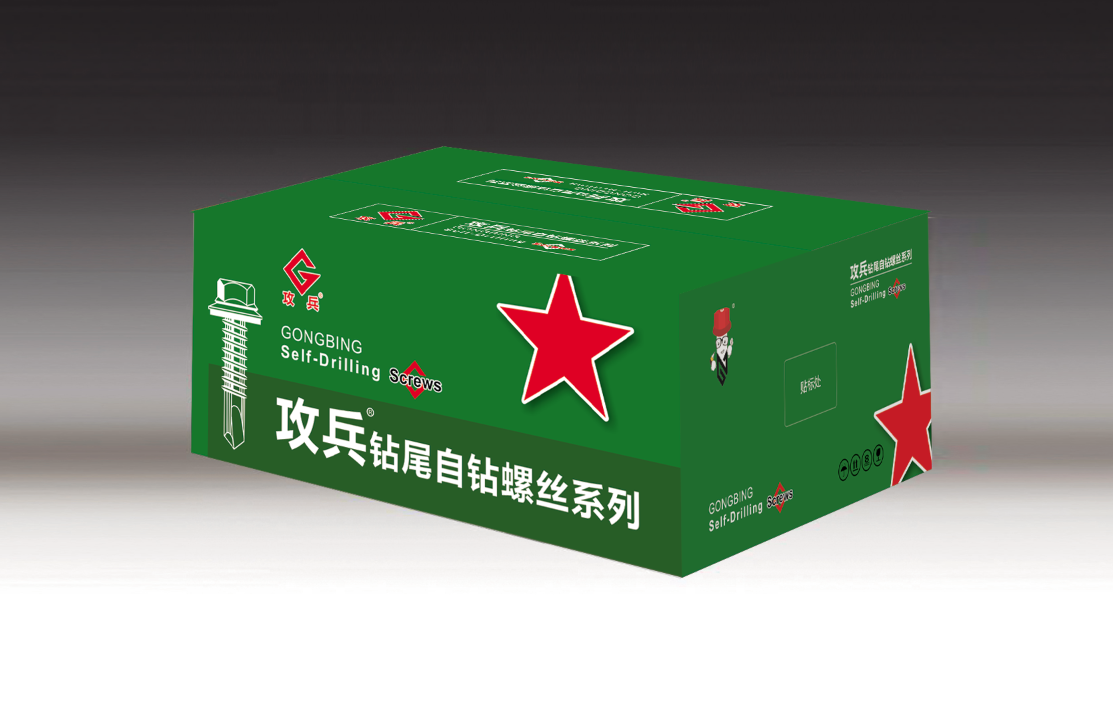self drilling drywall screws
Understanding Self-Drilling Drywall Screws A Comprehensive Guide
Self-drilling drywall screws have become an essential component in modern construction and home improvement projects. Unlike traditional screws, self-drilling screws eliminate the need for a pre-drilled hole, making the installation process faster, more efficient, and less labor-intensive. This article explores the characteristics, benefits, and applications of self-drilling drywall screws, ensuring you understand their importance and usability in various scenarios.
What Are Self-Drilling Drywall Screws?
Self-drilling drywall screws are designed with a unique drill-point tip that enables them to penetrate materials without requiring pilot holes. These screws are typically made of hardened steel and feature a sharp, pointed end that allows the screw to easily cut through drywall and into wooden or metal studs. The design also includes coarse threads that grip the material securely, providing a strong hold.
Advantages of Using Self-Drilling Drywall Screws
1. Time Efficiency One of the primary benefits of self-drilling drywall screws is their ability to save time during installation. With no need for pre-drilling, the process is significantly faster, allowing contractors and DIY enthusiasts to complete projects more quickly.
2. Labor Savings Since pre-drilling is not necessary, less specialized labor is needed, which can reduce overall labor costs in construction or renovation projects.
3. Consistent Results The design of self-drilling screws helps to ensure a consistent depth and hold, which is crucial for creating a stable and secure drywall installation. This consistency contributes to overall structural integrity.
4. Versatility Self-drilling drywall screws can be used in various applications, not just for drywall. They are suitable for securing insulation, attaching furring strips, or even fixing lightweight materials to metal studs.
self drilling drywall screws

5. Reduced Damage Traditional screws can sometimes cause material splintering or cracking around the entry point during installation. Self-drilling screws minimize this risk due to their ability to cut cleanly through the material.
Choosing the Right Self-Drilling Drywall Screws
When selecting self-drilling drywall screws, consider the following factors
- Length The length of the screw will depend on the thickness of the drywall and the materials being fastened. Typical drywall screws range from 1 to 2.5.
- Diameter and Thread Type Coarse threads (typically used for wood) provide a stronger grip, while fine threads are designed for metal. Depending on your application, you may need to choose the appropriate diameter and thread type.
- Coating Some screws come with a coating that enhances rust resistance, making them suitable for humid environments or outdoor applications.
Conclusion
Self-drilling drywall screws are a game-changer in the world of construction. Their unique design streamlines the fastening process, providing numerous advantages, including time and labor savings, consistent installation results, and versatility across various applications. Whether you are a professional contractor or a DIY enthusiast, incorporating these screws into your toolbox will undoubtedly enhance your project efficiency.
By understanding the basics of self-drilling drywall screws, you can make informed decisions that will lead to better outcomes in your construction and home improvement efforts. Embrace the innovation of self-drilling technology and experience the benefits firsthand in your next project.
-
Weatherproof Plastic Expansion Anchors for OutdoorNewsJun.06,2025
-
Sustainability in the Supply Chain: Eco-Friendly TEK Screws ProductionNewsJun.06,2025
-
Load-Bearing Capacity of External Insulation FixingsNewsJun.06,2025
-
Double Head Bolts: Enhancing Efficiency in Industrial MachineryNewsJun.06,2025
-
Corrosion Resistance in Chipboard Screws: Coatings for Wholesale DurabilityNewsJun.06,2025
-
Butterfly Toggle Bolts : Enhancing Structural ResilienceNewsJun.06,2025
